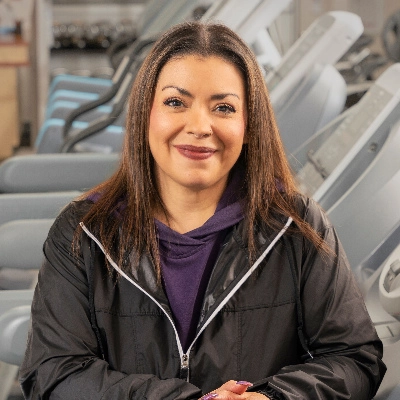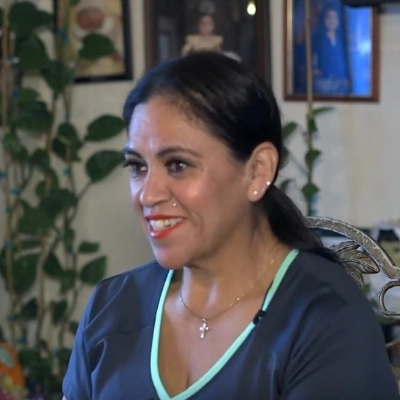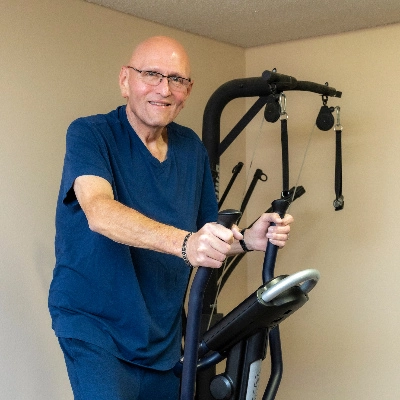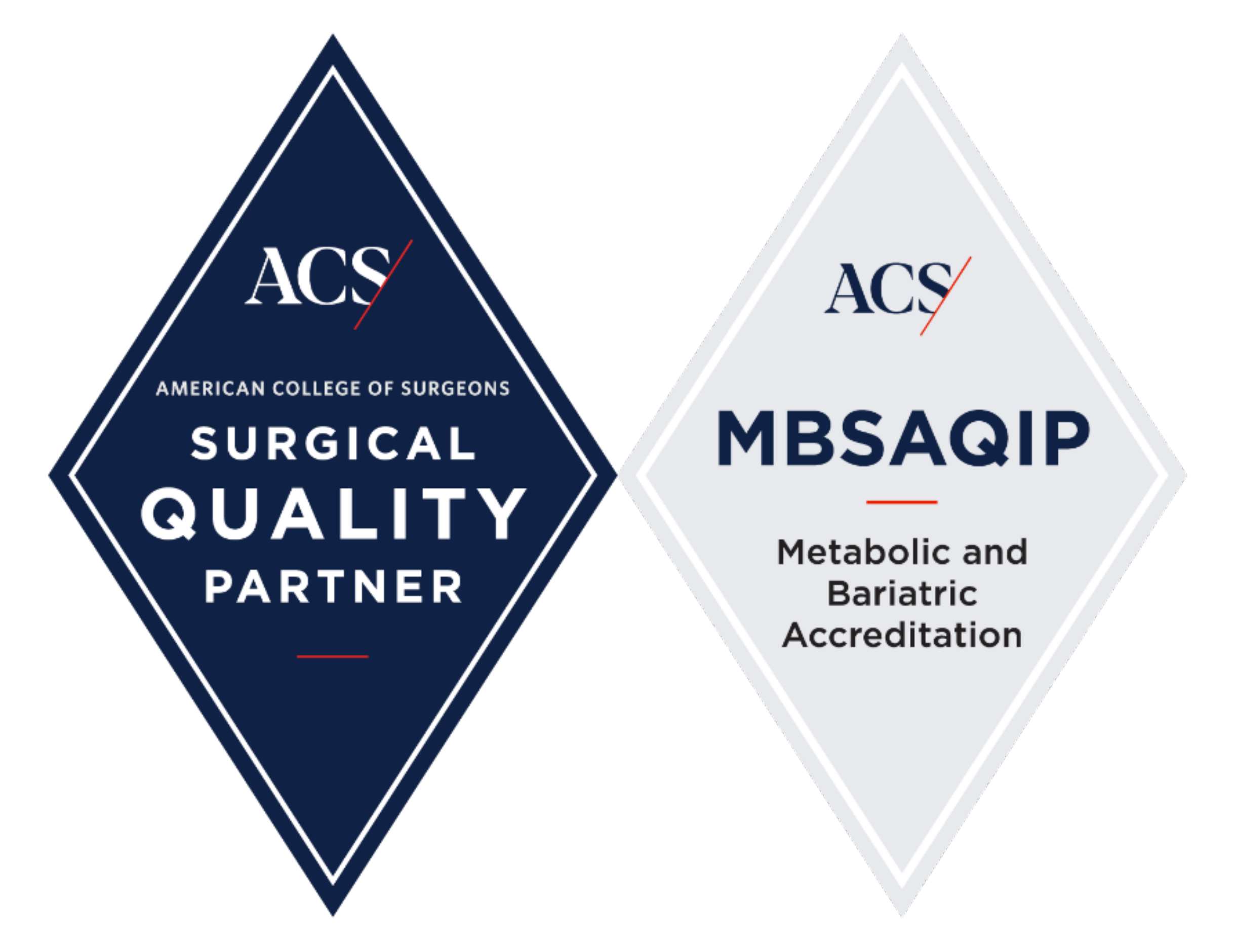Salem Health Bariatric Surgery Center
The Salem Health Bariatric Surgery Center is committed to helping improve the medical, social, emotional and psychological lives of people with obesity. We feel it’s important to treat the entire person by providing appropriate physical and psychological support before, during and after your surgery.
We’re here to help you in every way we can. Please do not hesitate to contact our office with your questions or concerns.
We believe in a whole team approach — and you are part of that team. Evaluations are done by team members with range of expertise to ensure the highest quality of pre- and post-surgical weight loss care.

"Here I am, two years later and down 162 pounds — feeling fantastic!"
Erica J. — bariatric surgery patient
Bariatric surgery success stories
These patients started where you are today — and look at them now!

“I never thought you could feel so good. To be without pain is an incredible gift.”
Erica J.

"Pienso que voy a vivir más años para estar con mi familia y eso es lo más importante."
Elizabeth C.M.

“My diabetes is undetectable. I'm off of all medications. This has changed my life.”
Steve M.


